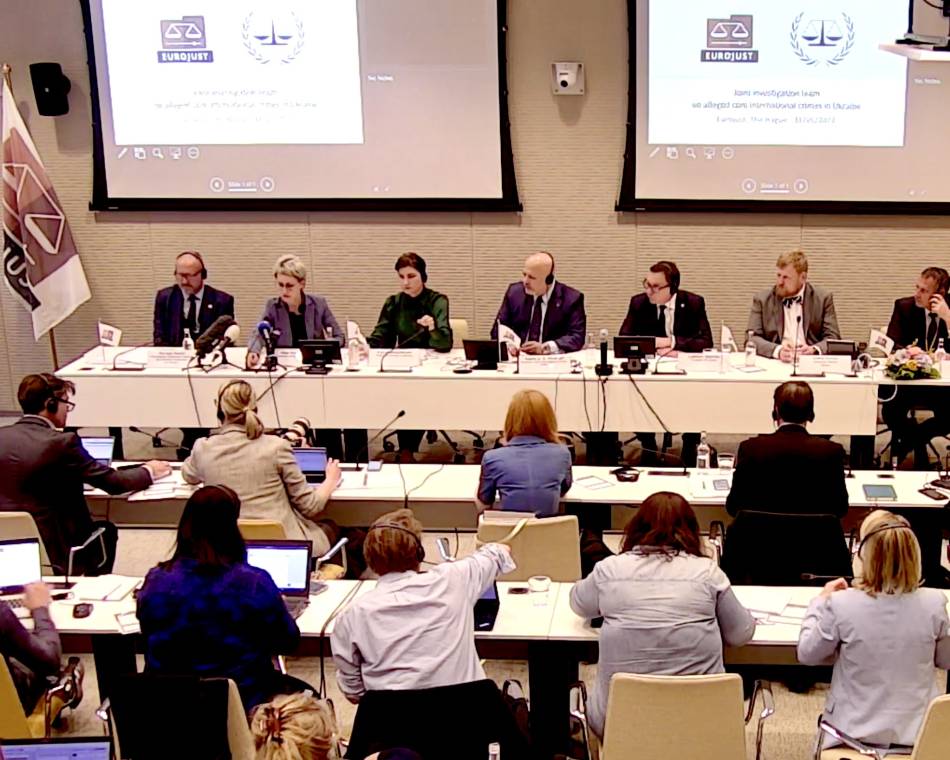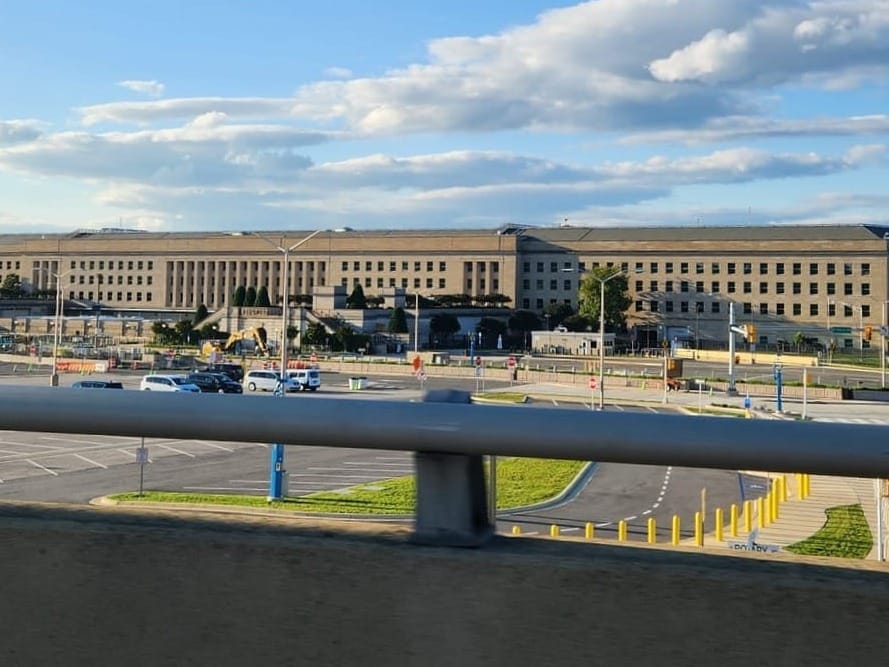Estonia, Latvia and Slovakia are the newest members of an E.U.-backed Joint Investigative Team probing war crimes in Russia's invasion of Ukraine.
Judicial authorities from the three Eastern European nations joined their counterparts from Lithuania, Poland and Ukraine for two days of coordination meetings that wrapped up Tuesday with the Office of the Prosecutor of the International Criminal Court in The Hague, Netherlands.








